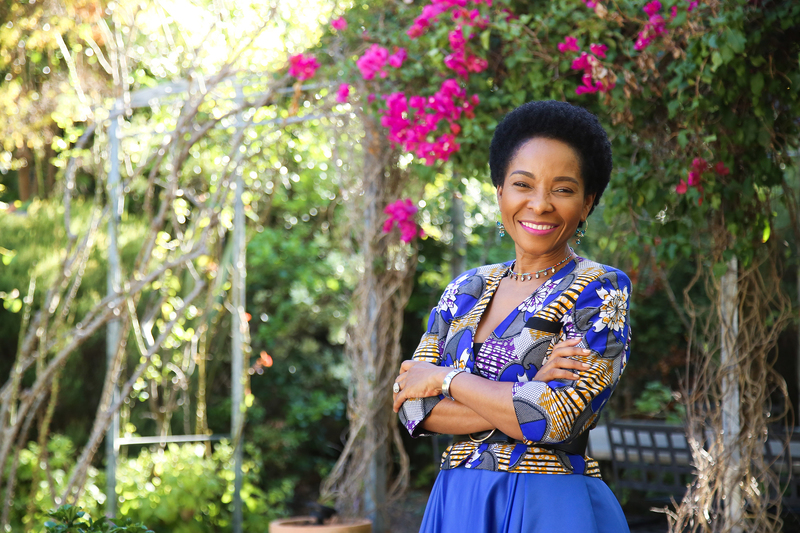AESA PROGRAMMES
- Building R&D Infrastructure
- Developing Excellence in Leadership, Training and Science in Africa (DELTAS Africa)
- Human Heredity and Health in Africa (H3Africa)
- Africa’s Scientific Priorities (ASP)
- Innovation & Entrepreneurship
- Grand Challenges Africa
- Grand Challenges Innovation Network
- Rising Research Leaders/Post-Docs
- AESA RISE Postdoctoral Fellowship Programme
- African Postdoctoral Training Initiative (APTI)
- Climate Impact Research Capacity and Leadership Enhancement (CIRCLE)
- Climate Research for Development (CR4D)
- Future Leaders – African Independent Research (FLAIR)
- Critical Gaps In Science
- Clinical Trials Community (CTC)
- Community & Public Engagement
- Mobility Schemes: Africa-India Mobility Fund
- Mobility Schemes: Science and Language Mobility Scheme Africa
- Research Management Programme in Africa (ReMPro Africa)
- Science Communication/Africa Science Desk (ASD)
- Financial Governance: Global Grant Community (GGC)
- AAS Open Research
- CARI Programmes
- Evidence Leaders Africa (ELA)

News
Africa in a ‘sweet spot’ to lead global collaborations

171
Africa in a ‘sweet spot’ to lead global collaborations
Africa has a history of being exploited by Western scientists, with helicopter research frequently downplaying the input and expertise of African scientists. However, turning our backs on global partners is not the solution, says AAS Fellow and University of Cape Town (UCT) Vice-Chancellor Professor Mamokgethi Phakeng.
“If Africa chose to turn inwards, it would lose opportunities to promote African knowledge creation and innovation, create jobs, and develop our economies,” she said during the second #NewGlobalUni event held on 13 July entitled ‘International collaborations: how can we shift the power towards Africa?’
The COVID-19 pandemic has only reinforced our need to work together to solve global problems, according to Phakeng.
“Our international partners are more important to us than ever before,” she said. “But we are no longer asking how African scientists can participate more meaningfully in research led from the global north.
“We are asking whether we can seize the moment and figure out what it will take for African scientists and researchers to lead.”
“What if, for once, we decided that Africa was the centre of the world?”, asked Phakeng, quoting Divine Fuh, director of the Institute for the Humanities in Africa (HUMA) at UCT.
Africa as leader
COVID-19 has unmasked some of the global shifts that have already begun, says Rifat Atun, a professor of global health systems at Harvard University, United States, one of the event’s four participants.
Noting “the incredible capability the continent was able to mount in response to HIV”, he pointed out that capacity in Africa and among the African diaspora has expanded over the past two decades.
“African academics are now leading global collaboration at top institutions,” he said.
Atun’s comments were supported by Kevin Marsh, head of the African Oxford Initiative at Oxford University, United Kingdom. Having spent 25 years working in Kenya, he says there has already been “a shift in the centre of gravity towards Africa” with the African Academy of Sciences having attracted USD250 million for new programmes to be managed within Africa.